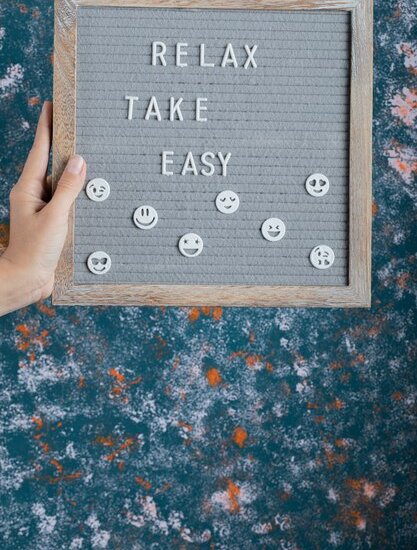Just Mercy Quotes with Page Numbers
We have a system of justice that treats you better if you’re rich and guilty than if you’re poor and innocent. (Chapter 1)
Each of us is more than the worst thing we’ve ever done. (Chapter 1)
The true measure of our character is how we treat the poor, the disfavored, the accused, the incarcerated, and the condemned. (Chapter 2)
Proximity has taught me some basic and humbling truths, including this vital lesson: Each of us is more than the worst thing we’ve ever done. (Chapter 2)
Fear and anger are a threat to justice; they can infect a community, a state, or a nation, and make us blind, irrational, and dangerous. (Chapter 3)
Capital punishment means ‘them without the capital get the punishment.’ (Chapter 4)
Mercy is just when it is rooted in hopefulness and freely given. Mercy is most empowering, liberating, and transformative when it is directed at the undeserving. (Chapter 5)
The opposite of poverty is not wealth. The opposite of poverty is justice. (Chapter 6)
Each of us is more than the worst thing we’ve ever done. My work with the poor and the incarcerated has persuaded me that the opposite of poverty is not wealth; the opposite of poverty is justice. (Chapter 6)
The power of just mercy is that it belongs to the undeserving. It’s when mercy is least expected that it’s most potent – strong enough to break the cycle of victimization and victimhood, retribution and suffering. (Chapter 7)
Just Mercy Quotes with Page Numbers part 2
There is no redemption without confession. (Chapter 9)
Proximity has taught me some basic and humbling truths, including this vital lesson: Each of us is more than the worst thing we’ve ever done. (Chapter 9)
In my years of working with the poor and the incarcerated, I have yet to meet a person who made a lifelong plan to become entangled in the criminal justice system. (Chapter 10)
We are all implicated when we allow other people to be mistreated. (Chapter 10)
It is our hopelessness that makes us vulnerable to fear, and our fear that makes us willing to destroy innocent people. (Chapter 11)
Why do we want to kill all the broken people? (Chapter 12)
The truth about capital punishment is not nearly as terrible as the façade we have constructed to mask the human sacrifice hidden within it. (Chapter 14)
Presumptions of guilt, poverty, racial bias, and a host of other social, structural, and political dynamics have created a system that is defined by error, a system in which thousands of innocent people now suffer in prison. (Chapter 14)
That’s why the criminal justice system is in trouble. It treats you better if you’re rich and guilty than if you’re poor and innocent. (Chapter 15)
Our system of justice treats you better if you’re rich and guilty than if you’re poor and innocent. Wealth, not culpability, shapes outcomes. (Chapter 15)
Injustice prevails most when we are silent or indifferent to suffering. (Chapter 16)
The true measure of our character is how we treat the poor, the disfavored, the accused, the incarcerated, and the condemned. (Chapter 17)
We’ve institutionalized mercy and justice in our criminal justice system over centuries of practice, but we can guide our systems and our policies with the hope that this country is more than the sum total of its worst moments. (Chapter 18)
The true measure of our character is how we treat the poor, the disfavored, the accused, the incarcerated, and the condemned. (Chapter 19)
I believe that in a society burdened by fear and anger, understanding and compassion are the only antidotes. (Chapter 20)
I’ve

